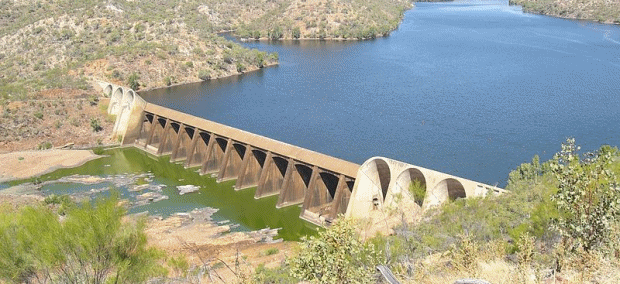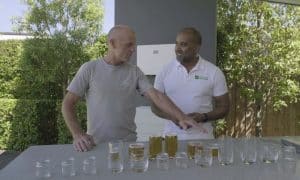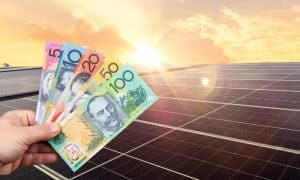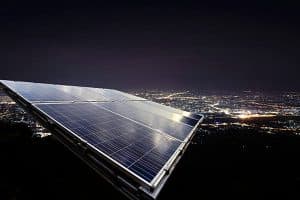Mount Isa Water Board is progressing a study examining cost-effective solar pumping to bring water from Lake Julius to Mount Isa’s water treatment plant.
According to Queensland’s Minister for Biofuels, Energy and Water Supply Mark Bailey, the project has the potential to slash the significant cost associated with transporting water over the 70 kilometre distance.
A pre-feasibility study has already been completed and the next stage will be a concept design. Mount Isa Water Board Chief Executive Stephen Farrelly stated the pre-feasibility study had indicated the project would be viable and generate a net cost saving for customers.
Mount Isa Mayor Joyce McCulloch said the project could bring a number of benefits to Mount Isa.
“There is the obvious water security and reduced costs of pumping from Lake Julius, but it would also mean greater year-round recreation access for Lake Moondarra if the region can use water from Julius for a similar cost,” said the Mayor.

Mount Isa enjoys significant solar resources; approximately 5.80 kilowatt hours per square metre daily. Residents of the area are already making good use of the sun using solar panels; with around 1,297 solar power systems already installed in Mount Isa’s postcode, 4825. Collectively, these systems have 5,666.88 kW of capacity.
The region is a thirsty place. In February last year, approximately 16.9 megalitres (or 16.9 million litres) of water was being used on average each day in Mount Isa according to the Water Board; equating to approximately 600 litres per person per day. Mount Isa’s average daily consumption per person was apparently more than 200% higher than Brisbane based on that figure.
Mount Isa’s water is usually supplied from Lake Moondarra, which is around 13 km downstream from the population center. Lake Moondarra is currently at 54.7% capacity. Lake Julius, more than 60km away, is tapped in drought conditions and is currently at 85% capacity.
Another major Australian town already harnessing solar power to pump water is Broome in Western Australia. A trial involving hybrid solar-diesel and battery power to pump drinking water from a borefield to Broome commenced in August.









































